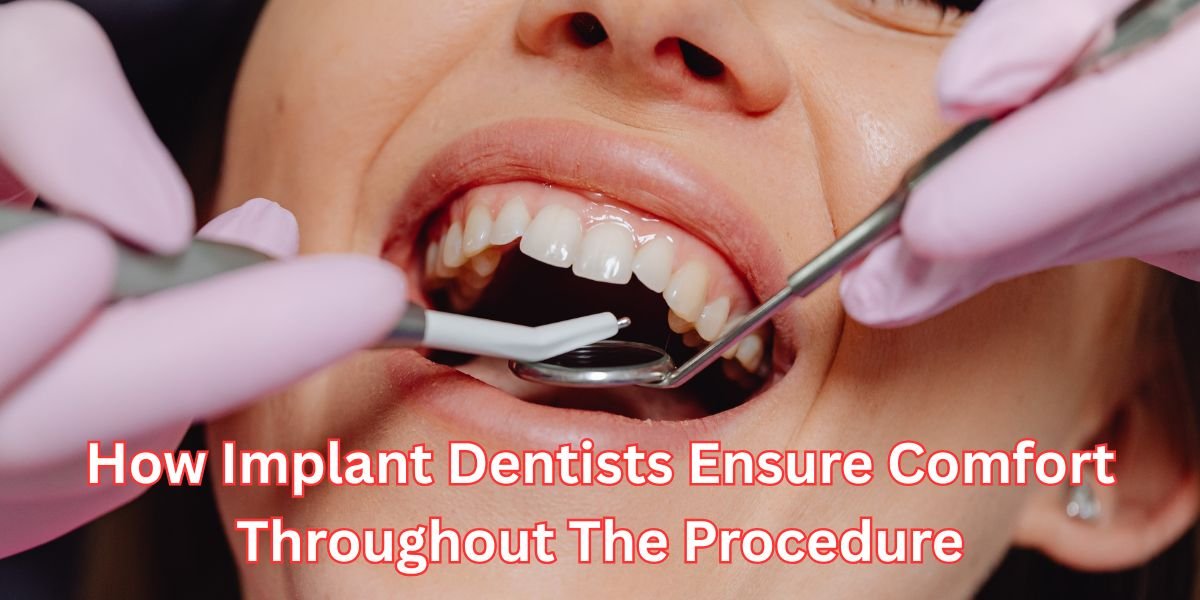You deserve to keep your smile healthy. A key step is to focus on preventive dentistry. By doing so, you address minor issues before they become big problems. It also saves you time and money in the long run. At your local dental office in Springfield PA, you will find experts ready to help. They catch problems early, helping you avoid pain and discomfort. Cleanings, check-ups, and education form the core of preventive care. These visits protect not just your teeth, but your overall health. For example, gum disease links to heart problems. By maintaining oral hygiene, you protect your heart and well-being. Prioritizing preventive dentistry keeps your smile strong and bright. You build a solid defense against decay and disease by making it a regular practice. Invest in your health today by taking simple, proactive steps. You can enjoy a lifetime of smiles when you do.
The Importance of Regular Check-ups
Routine dental visits are crucial. They act as the foundation for preventive care. During these check-ups, dentists can find cavities, gum issues, and other concerns while they’re small. Ignoring these can lead to more serious conditions, resulting in pain or tooth loss. This is why dentists emphasize the significance of regular appointments. The American Dental Association recommends visits at least twice a year. This ensures your teeth remain in tip-top shape.
Cost-Effective Health Management
Preventive dentistry is not just about maintaining a beautiful smile. It is also about saving money. Extensive treatments, like root canals or crowns, are costly. By addressing problems early, you avoid these expenses. Regular cleanings and exams are affordable compared to major procedures. It is a smart financial choice, ensuring your budget remains intact. You can prioritize your health without breaking the bank.
Link Between Oral and Overall Health
Your mouth is the gateway to your body. Oral health impacts more than just teeth and gums. Conditions like diabetes, heart disease, and stroke connect with oral issues. Research shows the link between gum disease and these health problems. By practicing good oral hygiene, you reduce the risk of these systemic diseases. The National Institutes of Health provides insights on oral health’s connection to overall well-being.
Daily Habits to Support Preventive Dentistry
- Brush teeth twice daily with fluoride toothpaste.
- Floss daily to remove plaque between teeth.
- Limit sugary foods and beverages to protect enamel.
- Drink water regularly to rinse away food particles.
- Use mouthwash to kill bacteria and freshen breath.
Developing these habits can greatly reduce risks of decay and gum disease. Consistency is key. Educating children about these practices sets them on a path to lifelong oral health.
Understanding the Risks of Ignoring Dental Health
Failing to prioritize dental care can lead to serious health consequences. Dental issues, when neglected, often worsen over time. Untreated cavities may lead to infections, causing pain and tooth loss. Gum disease, if ignored, can result in more severe problems like abscesses or even bone loss. The Centers for Disease Control and Prevention details how oral diseases impact health. Addressing these proactively avoids unnecessary pain and stress.
Benefits of Education and Awareness
Being informed about the risks and benefits of preventive dentistry empowers you to make better choices. Dental professionals provide guidance tailored to your needs. They offer advice on techniques and products that fit your lifestyle. This personalized care enhances your ability to maintain optimal oral health. Knowledge is a powerful tool in your healthcare journey.
Comparison of Preventive vs. Reactive Dentistry
| Aspect | Preventive Dentistry | Reactive Dentistry |
|---|---|---|
| Focus | Prevention and early detection | Treatment after issues arise |
| Cost | Lower due to early interventions | Higher due to complex treatments |
| Health Impact | Promotes overall health and well-being | May lead to additional health problems |
| Pain and Discomfort | Minimal discomfort | Potential for significant pain |
As the table shows, preventive care offers significant benefits over a reactive approach. It highlights the importance of taking action before problems become severe.
Conclusion
In conclusion, preventive dentistry should be a priority for everyone. It supports both your oral health and general well-being. By making small, consistent efforts, you can avoid serious health issues and enjoy a lifetime of healthy smiles. Regular check-ups, good daily habits, and education form a strong foundation for oral health. Take control of your dental care today, and look forward to a brighter, healthier future. Remember, you are worth it.



